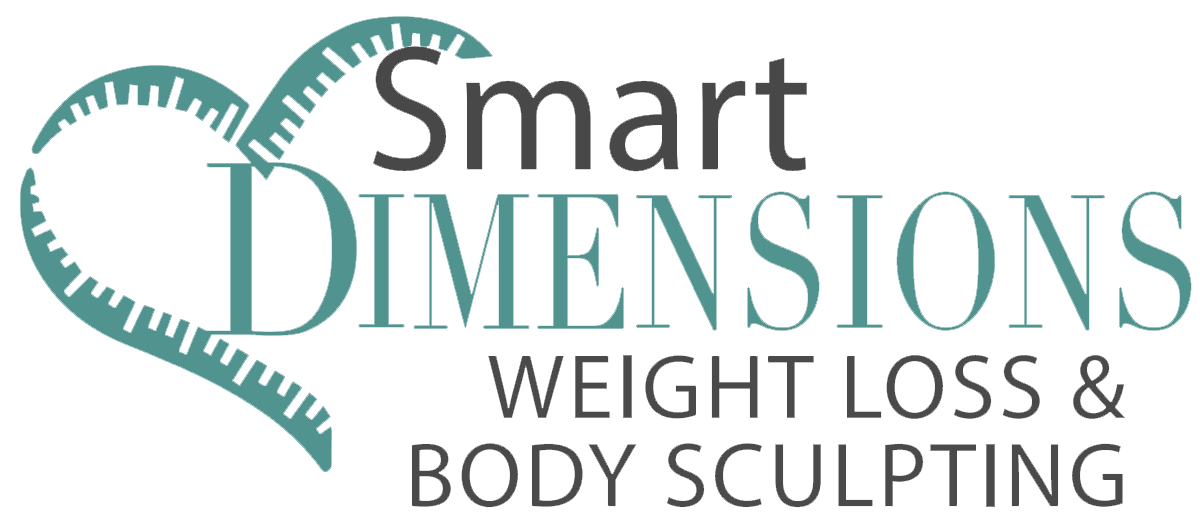High BMI & High Cholesterol: An Unhealthy Couple
September is here and chances are you’re in the midst of back-to-school activities, a new football season and the new fall line-up of TV shows. You may even be dreaming of cooler temperatures and the crispness that comes with the season. But September hosts what is arguably an even more important topic that requires your attention: National Cholesterol Education Month.
If you have no idea where you rank on the cholesterol scale, there is no better time than right now. More than 102 million American adults have high cholesterol levels (above 200 mg//dL), and more than 30 percent of that population has levels above 240 mg/dL, putting them at risk for grave complications including heart disease.
If you are overweight or obese, it is critical that you pay attention to your cholesterol numbers. Excess pounds can negatively impact cholesterol levels, and can lead to health complications including the increased risk of a stroke or heart attack.
The National Cholesterol Education Program recommends adults 20 years or older to have their cholesterol checked every five years. However, if you’re obese or have other high risk factors like smoking or high blood pressure, checking in on these vital numbers shouldn’t wait; a simple blood test can let you and your doctor know the appropriate course of action to prevent life-threatening ailments.
Why is cholesterol so important, and what does it actually do?
Cholesterol itself is not bad. In fact, our bodies cannot function without it. It is a waxy substance that aids in digestion and hormone production. Our bodies produce it naturally, making up about 75 percent of our overall cholesterol number. The other 25 percent of cholesterol comes from the foods we eat, specifically, animal products.
During the cholesterol screening process, both high-density lipoproteins (HDL) and low-density lipoproteins (LDL) are tested and comprise your overall cholesterol number. The HDL, or “good” cholesterol, is made up of protein and acts like a vacuum cleaner to help take care of the LDL, or “bad,” fat-laden cholesterol. LDL cholesterol’s function in the body acts as a vehicle carrying important nutrients to various body parts. When there is an excess of LDL in our system, it is stored in our arteries, thus causing LDL to become known as the “bad” cholesterol, clogging up those arteries and increasing the risk for developing heart disease and stroke.
Most Americans know that a diet high in saturated fats, trans fats and cholesterol increases the amount of weight on our bodies, but it also increases the amount of LDL cholesterol in the body, no matter what you weigh.
If you are overweight and also have high cholesterol, lifestyle modifications like eating a diet low in fat and high in fiber, as well as exercise may prove beneficial. But for those who are severely overweight or obese, sometimes diet and exercise alone are not enough to change your overall health and wellness. That’s where Lite & Smart Dimensions™ can help. Our dedicated surgical and medical team has weight-loss programs designed to help increase your success with both losing the weight and keeping it off long-term, effectively eliminating weight-related complications, including high cholesterol.
From laparoscopic weight loss surgery to behavior therapy, all facets of the body and mind are considered by the Lite & Smart Dimensions™ team when recommending a program for weight loss success. If you or a loved one suffers from obesity, now is a great time to take steps to address it, once and for all.






